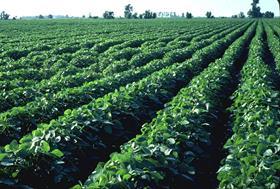
Supermarkets’ supply models are “synonymous with waste”, according to a new report on the causes of farm-level food waste.
The study by environmental charity Feedback criticised the major retailers for adopting practices that necessitate the overproduction of fresh produce.
The five key drivers, according to the report, were cosmetic specifications on colour, size and shape; normalised overproduction and waste; the failure of supermarkets to market seasonal produce; cancelled or altered orders; and the concentration of power among supermarkets, meaning there are fewer outlets for surplus produce, such as traditional grocers and markets.
A survey of growers found that between 10 and 16 per cent of the crops grown on UK farms go to waste, and in a typical year farmers waste between 22,000 and 37,000 tonnes of produce – enough to give 150,000 to 250,000 people their five-a-day for a whole year.
Supermarkets were criticised for driving overproduction in the supply chain to ensure producers meet volume requirements once losses due to cosmetic standards are accounted for and to ensure “orders are met in full and on time despite unpredictable ripening patterns”.
“By transferring the commercial risk of overproduction onto farmers, and by accepting the very large environmental consequences of a food production model that prioritises consistent, high availability over minimal waste, supermarkets have created a system which is synonymous with waste,” the report’s authors concluded.
The charity lamented the fact that, despite retailers’ efforts to limit waste in recent years, food waste tonnage has continued to increase at some supermarkets.
“Even Tesco, a company that has made a public commitment to reducing and publicly reporting on its food waste, saw the food waste tonnage in its operations actually increase in 2016, coming to a staggering total of 46,684 tonnes,” the researchers wrote.
“This figure does not include the more significant waste in the supply chain before it reaches the stores.”



